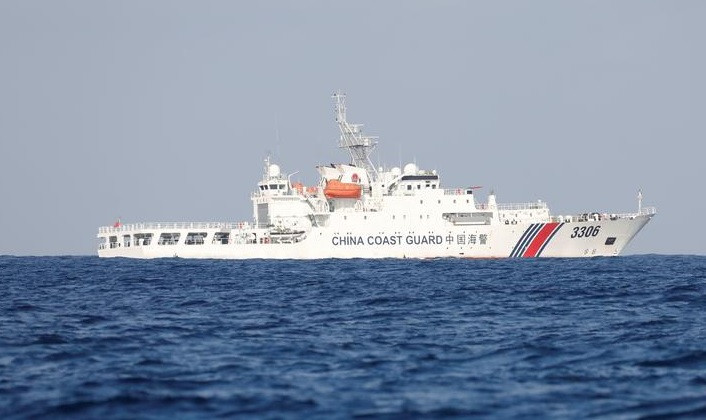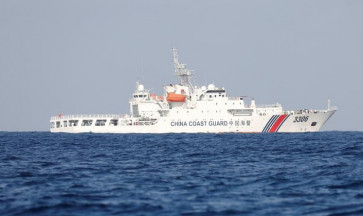Popular Reads
Top Results
Can't find what you're looking for?
View all search resultsPopular Reads
Top Results
Can't find what you're looking for?
View all search resultsSouth China Sea: Common home and shared future
China and ASEAN members could set up a joint committee and cooperate with other NGOs to provide sustained support for regional cooperation on ocean governance.
Change text size
Gift Premium Articles
to Anyone
O
n April 21-22, experts within and outside of the region participated in the South China Sea Sub-forum of the Boao Forum for Asia (BFA) Annual Conference to discuss the potential cooperation in the South China Sea (SCS) and the future of this region.
Yet some other commentators have made discursive interpretations of China’s action in the SCS, stating that China is the biggest trouble-maker in this region. Such commentary is based on a biased observation and interpretation of China’s actions.
As a matter of fact, China is both a disputant as well as a promoter of cooperation in this region. Undoubtedly, China is committed to self-restraint to reduce confrontation and actively engage in maritime cooperation with ASEAN member states, making great contributions to maintaining the peace and stability in the region.
China claims that it has sovereignty over those island groups, Dongsha Qundao, Xisha Qundao, Zhongsha Qundao and Nansha Qundao, and that those outlying archipelagos can generate maritime zones, such as territorial sea, contiguous zones, exclusive economic zones (EEZs) and the continental shelf. China has yet to draw baselines for the island groups, so the exact geographical scope of the maritime zones for the island groups is not clear.
China also claims historic rights in the SCS. The claims are not “new”, but consistent and clear. Coastal states strongly opposed the above-mentioned claims of China, arguing that China’s claim is not consistent with the United Nations Convention on the Law of the Sea (UNCLOS) and international law. Some commentators argue that China would seize the whole of the SCS with such claims.
The divergent legal position of the claims demonstrates that there exist territorial and maritime disputes in the SCS, which is not unusual where so many countries are located along the coast of a semi-enclosed sea. It is common that the position and legal arguments of disputants are positively opposed, or assertive and aggressive in the eyes of each other. But no one could take over the SCS just by claim.
China is always willing to and has engaged to resolve the disputes through negotiation with states directly concerned on the basis of history and international law, including UNCLOS. Moreover, China consistently holds that pending the final and durable solution of the territorial and maritime disputes, coastal states should make every effort to be self-restrained and promote practical cooperation.



















